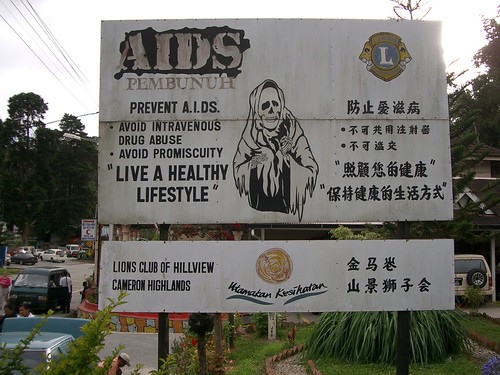There was an ad on the Muni, on the 30 through Chinatown, printed in English and Chinese. It was a public service announcement, warning people to beware of hustlers selling fake visas. Among other things, there was a bullet point that said,
Don’t believe anyone who says ‘we know people at the immigration service and can get your papers done quickly.
I imagine talking to a Chinese immigrant about this. I imagine their confusion. “But,” my friend Ming says, “it is very difficult to get a visa. If they know someone, this solves the problem.”
“It doesn’t work like that,” I’d tell him.
Ming blinks his confusion. How can it not work like that? Continue reading Chinese-American Fairness


